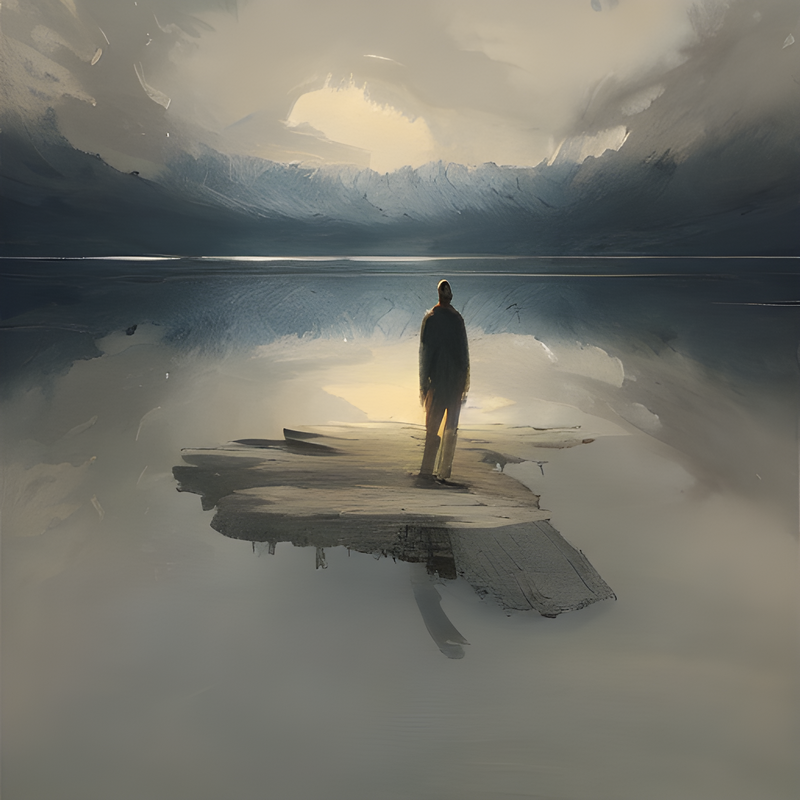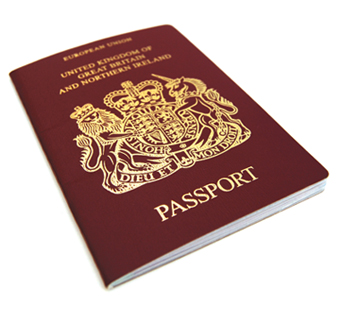Reflective Equilibrium in a Turbulent Lake: AI Generated Art and The Future of Artists
 by Anders Sandberg – Future of Humanity Institute, University of Oxford
by Anders Sandberg – Future of Humanity Institute, University of Oxford
Is there a future for humans in art? Over the last few weeks the question has been loudly debated online, as machine learning did a surprise charge into making pictures. One image won a state art fair. But artists complain that the AI art is actually a rehash of their art, a form of automated plagiarism that threatens their livelihood.
How do we ethically navigate the turbulent waters of human and machine creativity, business demands, and rapid technological change? Is it even possible?
Read More »Reflective Equilibrium in a Turbulent Lake: AI Generated Art and The Future of Artists

